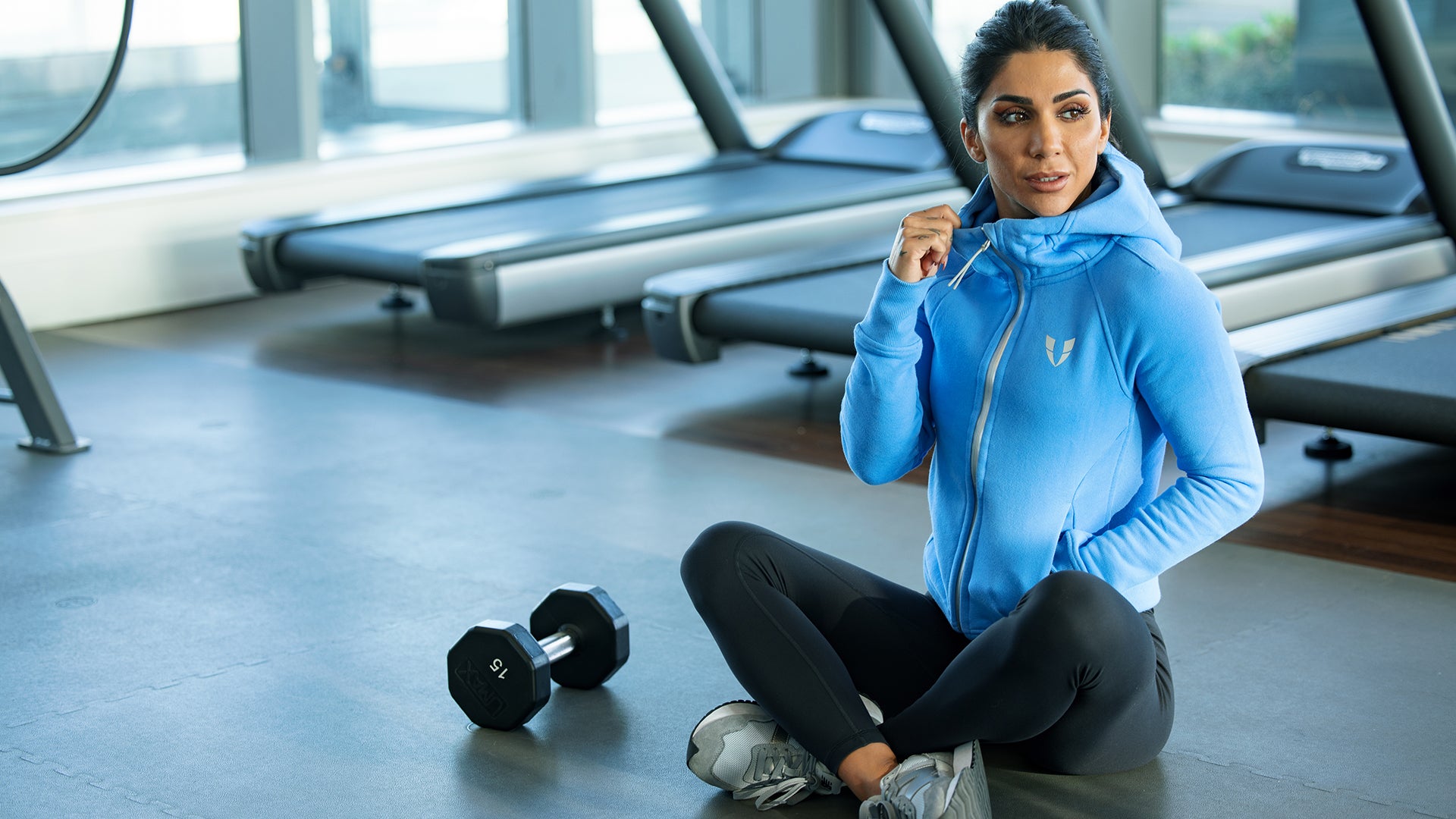
8 things never to do after a workout
So you've finished exercising. Whether a full-body workout or an intense cardio session, you have accomplished what many people may not even try to do in a gym. But did you know that there are certain things one should avoid doing after a workout? If done incorrectly, these activities may hinder your body from the benefits of exercise and even cause injury. Here are some mistakes after workout that you should avoid.
1. Not Drinking Enough Water
Staying hydrated is one of the keys to good health. It keeps joints supple, cushions the brain and organs, increases performance in exercise, and aids in proper digestion. When exercising, your body loses fluids through sweat which must be replenished for all of these functions to continue.
After exercising, your body is especially in need of water, so remember to drink up. This doesn't mean drinking a whole bottle of water at once - take small sips throughout the day. Water restores your body's glycogen-carrying capabilities and increases cell volume so muscles can function at their peak level. Dehydration causes the plasma of the blood to thicken, which lowers blood volume and density of oxygen-rich red blood cells, so you feel tired after a workout.

2. Eating Within 30 Minutes After Exercising
Many people believe that you have to eat protein within 30 minutes after finishing an intense workout. While protein is an essential nutrient, you don't have to wolf down a burger immediately after exercising. Your body still needs carbohydrates for energy because they are easily digestible and are readily burned off in the human metabolic system.
Instead of eating fat-rich foods right away, consume complex carbohydrates that will provide your muscles with long-lasting energy to allow you to recover faster from your workout. Besides, eating the wrong kind of foods may only give you a burst of energy followed by an immediate crash which can hinder your workout recovery.
3. Drinking Alcohol
Taking alcohol can be a pre and a post workout mistakes you have to avoid. Alcohol retains water, so it might seem like a good idea to drink some alcohol to replenish the fluids lost during exercise. But studies have shown that drinking even one alcoholic beverage can hamper muscle growth because it decreases testosterone levels in the blood, which regulates protein synthesis. This could lead to less effective muscle building over time if continued.
Alcohol can also decrease focus and worsen coordination which could cause you to be more susceptible to injuries. As for studying after a night out, Alcohol can impair your memory-creating abilities by disrupting neuronal activity in the brain, which causes the hippocampus (the part of the brain responsible for memory) to shrink.

4. Doing Too Much at Once
Recovery is just as important as a workout because it helps the body prepare for the next session. Your muscles need time to repair themselves before being subjected to another training session or cardiovascular activity.
You have to allow several hours between workouts so your body can recover and be ready for the next round of exercise. Too much physical exertion can throw the body out of whack and lead to injuries. Therefore, it's a good idea to keep the intensity of your workouts low for a few days after intense exercise.
5. Not Getting Enough Sleep
Having a full night's rest benefits your muscles by promoting muscle growth initiated during exercise. This is why you should never keep yourself from getting enough sleep. It gives you more energy throughout the day and allows active tissues to recover faster for next time.
Sleeping also controls the release of the hormone cortisol, which is known to break down muscle. This is important because having an optimal cortisol intake is crucial for maintaining proper weight. Sleep allows cortisol levels to regulate and prevents the onset of excess cortisol, leading to a host of health problems such as obesity, diabetes, and cardiovascular disease.

6. Not Stretching After Exercising
Stretching after a workout prevents loss of flexibility and helps prevent injuries. Dynamic stretching that follows cardiovascular activity increases blood flow to the muscles, joints, and tendons, which helps with injury prevention. Stretching also keeps the muscles long and lean, which aids in muscle growth.
Stretching is important to increase blood flow to the muscles to repair themselves faster after a workout. It also helps with injury prevention because it prevents sudden jerking or movements that lead to sprains and fractures. Stretching also prevents shortening of the muscles, which is the main cause of muscle tightness.
7. Not Eating Enough Protein
Protein is an essential nutrient for muscle tissue repair and growth. Study show that athletes who get at least 20 percent of their total calories from protein show higher levels of testosterone which increased strength, speed, and endurance during training sessions. This often results in faster recovery times between workouts allowing you to get more done less with exercise. Proteins also play a key role in cell development, allowing your muscles to be more resistant to fatigue. Eat a meal that consists of 20-30 grams of protein or about 100 to 175 calories from a high-quality source such as lean beef, chicken breast, or fish.

8. Forgetting to Cool Down
After a workout, your body is in an inflammatory state, which means it's more susceptible to injury due to the abundance of free radicals. Cooling down prevents injuries by keeping blood moving through the muscles and stabilizing the immune system.
Shallow breathing keeps blood from reaching deeper muscle tissues, so you should take deep breaths after exercising for about a minute. This allows the blood to transport nutrients better and removes waste products from the body. It's also a good idea to stretch lightly after your workout because it helps lower cortisol levels, prevent injuries, increase flexibility, and improve recovery times between workouts.
Conclusion
If you do these things after a workout, your muscles will not recover as well as they could have. To avoid this, make sure you sleep for at least eight hours a night and eat enough protein. Do not forget to stretch before and after your workouts and never exercise the same muscles two days in a row or more than three times a week.
Take it easy for the first few days after an intense workout to give your muscles time to repair themselves, and don't forget to cool down when you finish up your workouts. This will prevent injuries by stabilizing the immune system and promoting healthier blood cells, which keep circulation moving through muscles, removing waste products, and carrying nutrients that promote muscle tissue repair.



Leave a comment
This site is protected by hCaptcha and the hCaptcha Privacy Policy and Terms of Service apply.